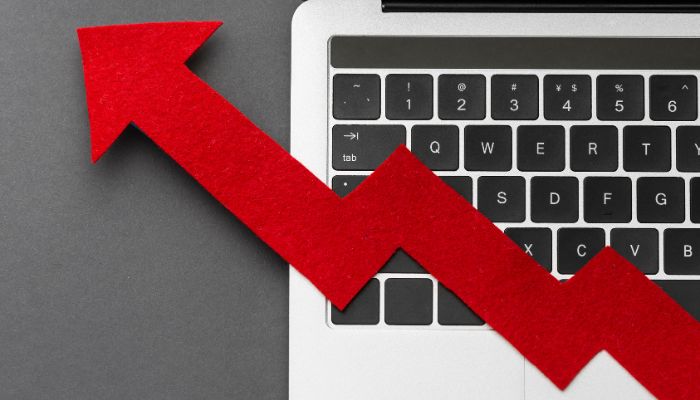During your quest for a new job, as you visit a job portal’s website and before you can take in the statistics, most of them offer a chat window which opens to greet you. A nice personalized touch isn’t it? This is the case of a professional in the artificial intelligence and the future of work scenario. For the business owner/startup dreamer, it is even more thrilling. Regional and national boundaries melt more than ever and a gig worker could be your next biggest contributor.
If you are on board with the chatbot, the virtual equivalent of the IVR (Interactive Voice Response), you are set to feel better in the virtual space. Alan Seal, in his article ‘The Most Interesting AI Statistics of 2019’ on VXChange.com observes that in the coming year, the presence of chatbots to provide ready assistance and guide you to the right page are set to increase by 136%. Artificial Intelligence and the future of work are sure to see more automation and a lesser need for human interference. This is a direct shot in the arm for productivity metrics courtesy AI.
You might also be interested to read: Future Of Work Redefined By AI And Automation
One of the unambiguous facts about Artificial Intelligence and the future of work is that the automation made available through it will make many entry-level jobs redundant. As a result, upskilling and reskilling are and will continue to be mandatory for many professionals. In 2013, Oxford Martin Programme conducted a study on Technology and Employment, whereby stated that a major chunk of existing jobs, 173 million in the major part of the developed world (G7 countries) would be automated. In contrast, the fresh jobs created by virtue of the future of artificial intelligence in the workplace will only be a tiny fraction of all the newly created jobs.
The best jobs for the future in terms of monetary compensation will be increasingly centered around AI and jobs in the future will have a dramatic effect on the organizational structure. Hierarchies will flatten out as tech firms will lead the performance race with more automated functions. Jobs with only basic requirements of cognitive function will be automated too. It means that the movement of labor across regions to places with skill deficit will become more apparent than ever.
An important example of artificial intelligence future jobs in India is e-commerce trailblazer Flipkart. Flipkart would find it pertinent to automate tasks such as warehousing, order fulfillment, and storage operations. We know it already reaps the benefits of AI to make product recommendations to its users.
The future of work is on the brink of a gradual movement toward high-skilled jobs being occupied by highly-qualified professionals. Reskilling becomes mandatory for the major chunk of the workforce as AI automation and the future of work undergo a sea change in the tech domain. Jobs requiring a mid-range skill-level are sure to be swallowed up by AI-powered robots. How artificial intelligence will change the future is a question answered by the technical acumen and skills of each worker. Future jobs relax the requirements of location – meaning the employment contract makes way for remote workers, part-timers, and freelancers.
You might also be interested to read: The Future Of Work Is Here And Now
Professionals who welcome digitization and are flexible in adopting the demands of the virtual space are at a considerable advantage. Artificial Intelligence and the future of work will move to a gig-based or task-based economy. Even corporate jobs will be staffed, executed, and scanned against broader scales of flexibility thanks to how artificial intelligence will change the future. But what will not alter is the need for a few good minds to be at the helm to deploy AI and future jobs with a vision and planning.
References:
- Francis Kuriakose / Deepa Iyer, How AI will transform India’s job scene, The Hindu BusinessLine. November 5th, 2018
- Alan Seal, The Most Interesting AI Statistics of 2019, VXChnge.com, May 20th, 2019
- Gloria Lombardi, Artificial Intelligence And The Future Of Work, FutureofEarth.online, March 7th, 2016
Related Topics:






